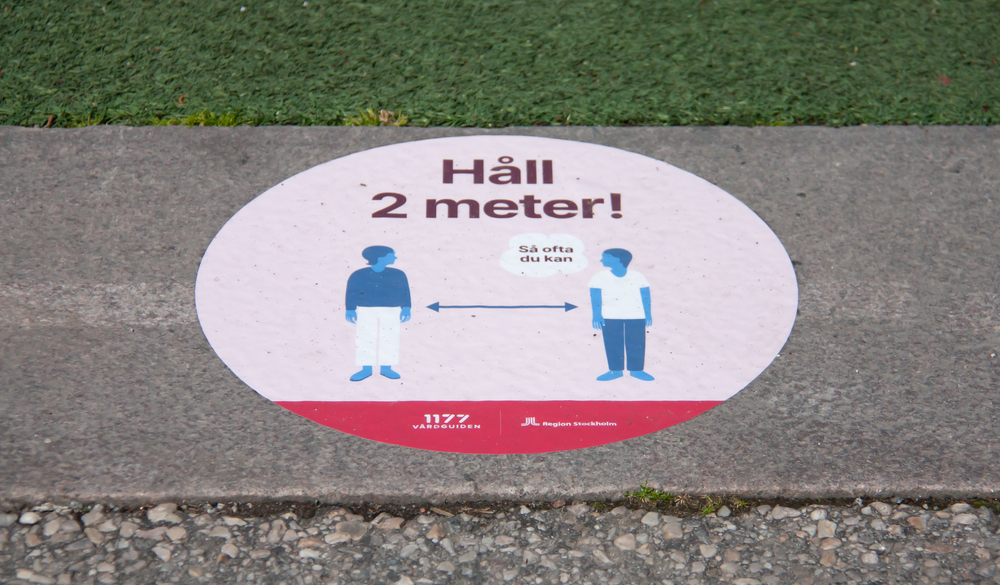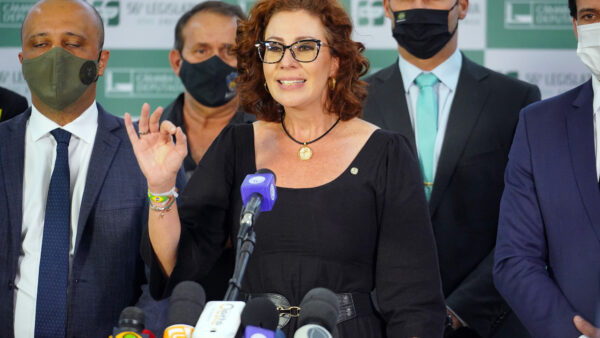President Jair Bolsonaro has been an adamant defender of what he calls “vertical social isolation,” that is, movement restrictions that are only applied to so-called high-risk populations, such as senior citizens, people with pre-existing conditions, or autoimmune problems. To back up his argument, Mr. Bolsonaro has always mentioned Sweden as a prime example of how a country can negotiate its way through the Covid-19 crisis without imposing lockdowns.
The Swedish model relies on personal responsibility and encourages citizens to stay home when they’re sick and maintain social distancing when in public — the only restriction is on gatherings of 50-plus people. Most businesses, bars, and schools have remained open.
What Mr. Bolsonaro fails to mention is that Sweden has had much more Covid-19 cases per 1 million people when compared to neighboring countries, which adopted early lockdowns. Moreover, figures from Our World In Data, an online research publication based at the University of Oxford, indicated that Sweden recorded the most coronavirus deaths in Europe per capita over the seven days from May 12 to May 19.
Brazil and Sweden: differences apply
Not even Sweden authorities — who praise their approach — defend that their model be replicated across the globe. Swedish epidemiologist Anders Tegnell, the public face of the country’s controversial approach to fighting the coronavirus pandemic, said he would not adopt the same strategy in Brazil. “One must adopt a strategy taking into consideration local circumstances, in terms of the population and public health,” he told the BBC.
Brazil has both an area and a population 20 times bigger than Sweden’s. And while the Scandinavian country has one of the world’s highest human development indexes, Brazil’s HDI is ranked 75th in the world.
 Support this coverage →
Support this coverage →

 Search
Search






































